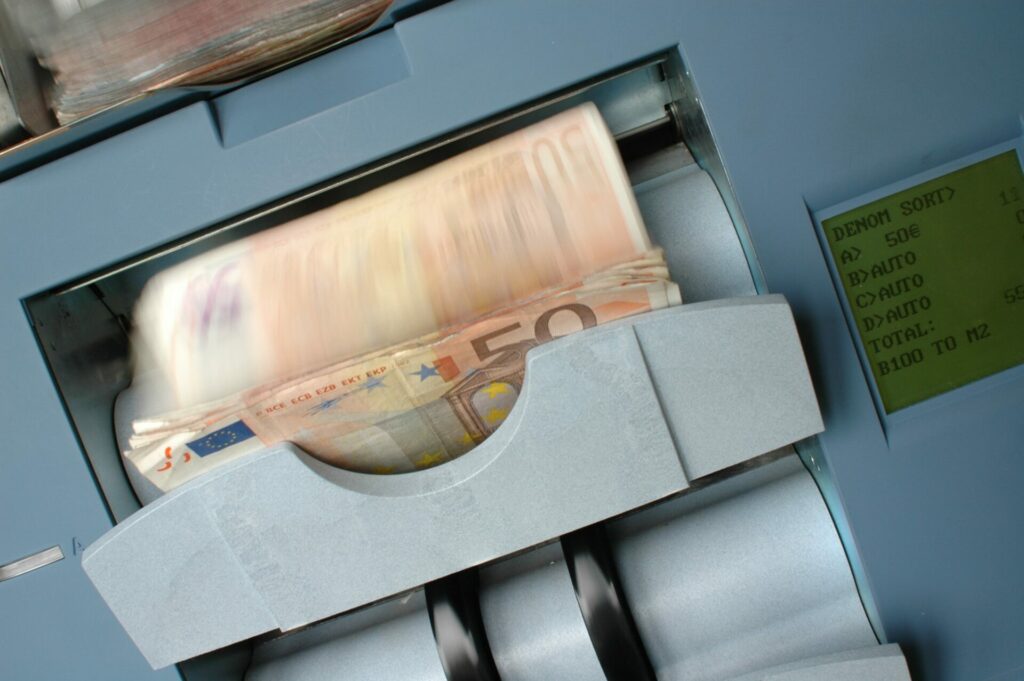€28.5 billion was withdrawn from Belgian savings accounts from July to September this year as account holders dissatisfied with banks' low savings rates sought better returns elsewhere.
The massive withdrawal, which was first reported by Belga News Agency, was attributed primarily to the enormous demand for the special high-yield government bonds issued at the end of August. €21.9 billion worth of the bonds were eventually purchased.
€15.5 billion in funds from current accounts were also withdrawn over this period – meaning that the €44 billion total pulled from Belgian accounts was equivalent to 8% of Belgium's annual GDP.
Could banks go under?
Some analysts have previously expressed concerns that withdrawing such colossal amounts of liquidity could trigger a full-scale crisis in Belgium's financial sector.
In early September, one Belgian bank executive told De Tijd that his institution had "already crossed its pain threshold" by hiking savings rates to record levels in order to avoid "too many deposits flowing away".
"Players like us are more vulnerable because we are often the second bank for our customers," the executive said. "[Finance Minister] Van Peteghem is playing a dangerous game because if a bank runs into liquidity problems, it risks a domino effect."
This warning was echoed by influential newspaper columnist Peter De Groote, who noted that the "risk that a bank will get into trouble because too much savings will leak out too quickly" is "small, but not negligible".
Related News
- 'Insignificant': Leading Belgian economist claims bank tax does not preclude savings rate hikes
- Which Belgian banks offer the best savings rates?
But other experts have dismissed the possibility of such a crisis. Indeed, one recent study by the IESEG School of Management found that Belgium's financial institutions have sufficient liquidity buffers to survive a second issuance of similar high-yield government bonds later this year.
"Belgian banks have very abundant liquidity," the report noted. "This could allow them to sustain a similar deposit leak in December to the one they are facing now following the purchases of government bonds by their customers."
Further assuaging analysts' concerns is the fact that much of the withdrawn funds has not been removed from the financial system altogether but instead has been redirected to fixed term accounts, which offer a pre-set interest rate for a specific period of time.
ING Belgium, one of Belgium's largest banks, recently announced that it will offer customers an interest rate of 4% on its six-month term savings accounts: the first time that any Belgian bank has provided a savings rate matching the European Central Bank's (ECB) 4% benchmark deposit facility rate.

